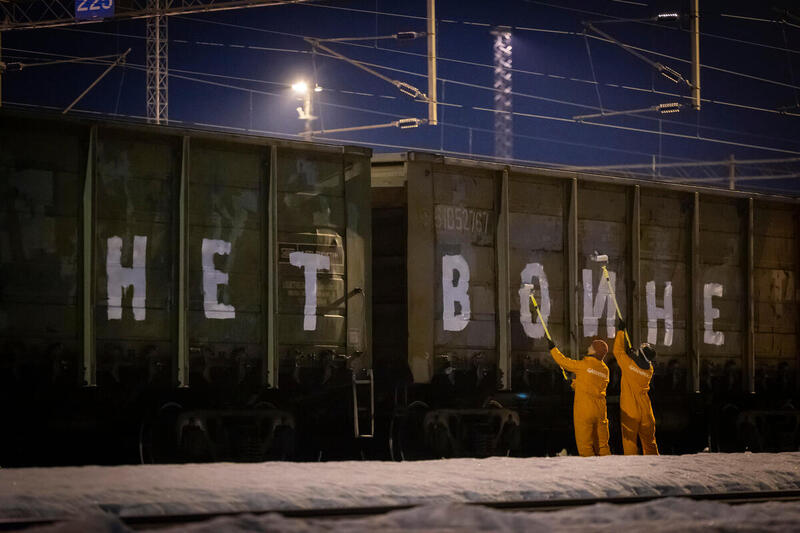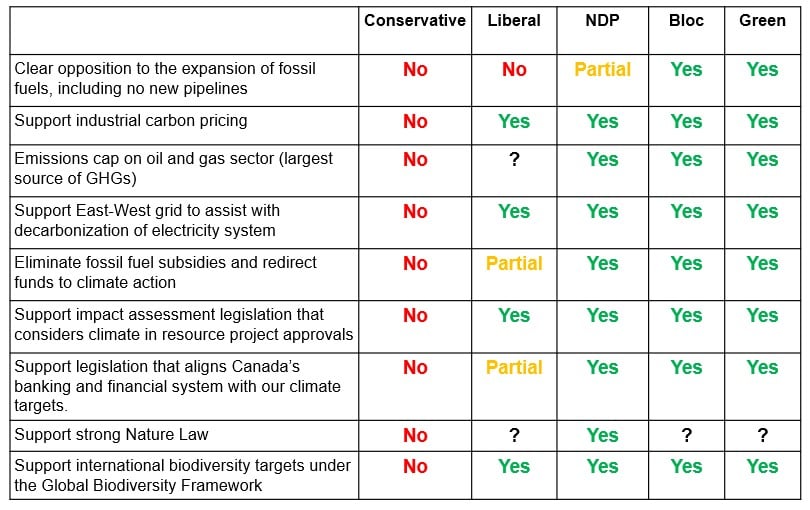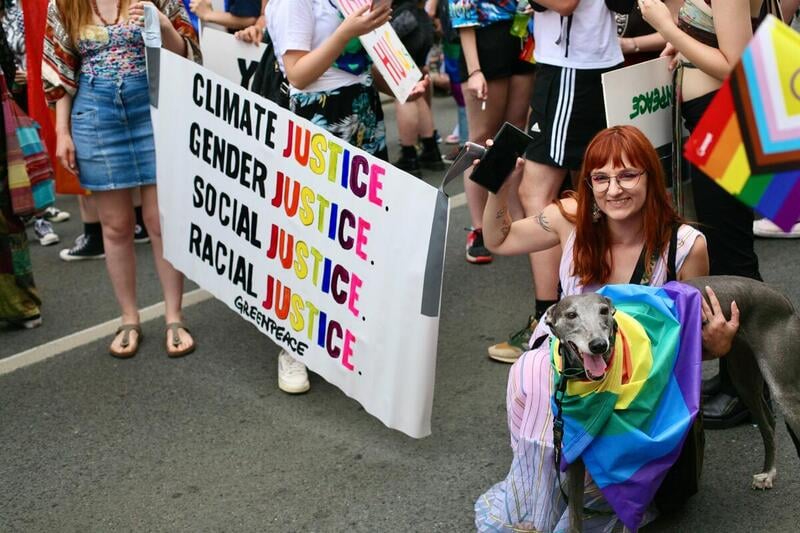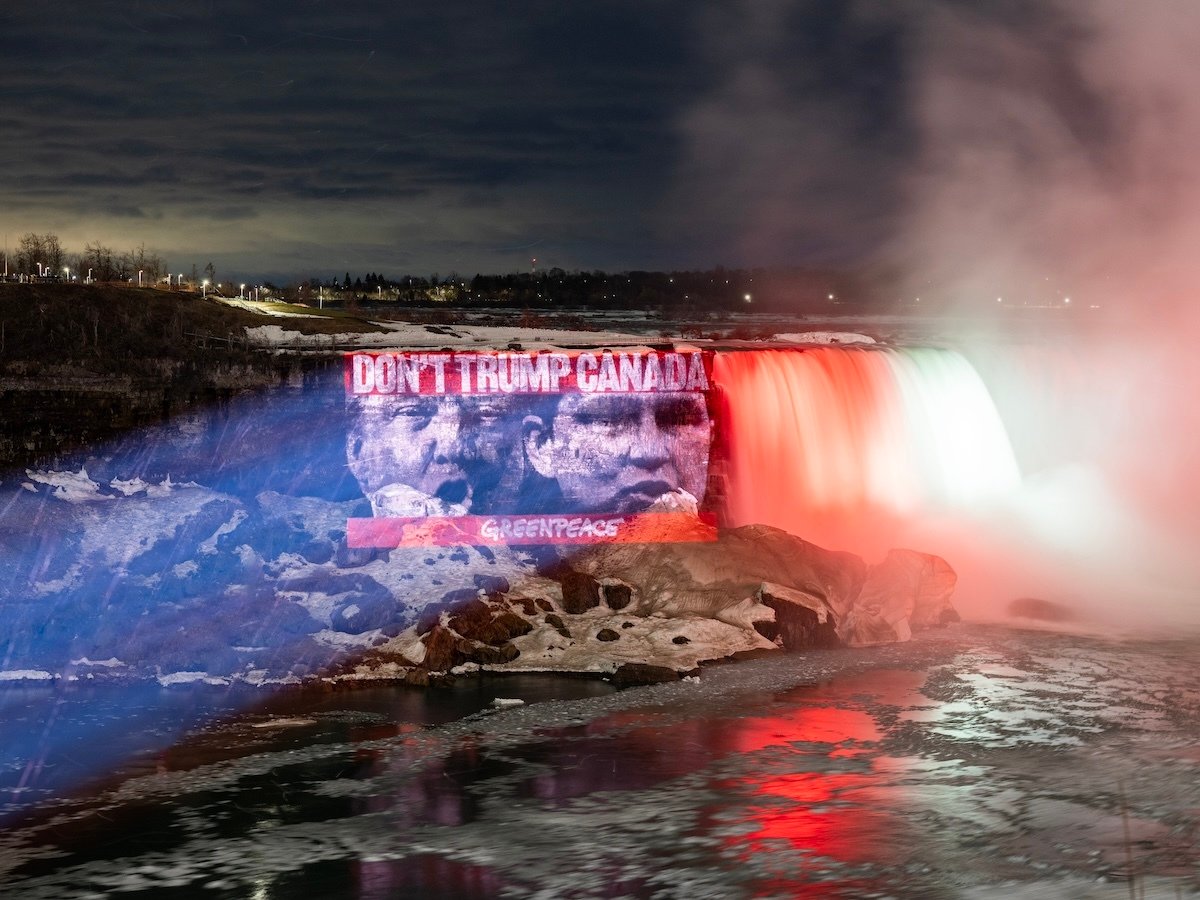In an earlier blog we discussed the impact of the war in Ukraine on climate and fossil fuels.
There are so many implications for peace and safety, and there is also the specter of nuclear threats. Things can change rapidly, so please keep in mind that the situation could have changed dramatically since this was published.
Nuclear radiation threats
As if there wasn’t enough to worry about, Ukraine also has 15 operating nuclear reactors. These are in addition to the damaged and mothballed reactors at the Chernobyl nuclear station.
This is the first time that a major war is being conducted in a country with multiple nuclear reactors and a lot of highly radioactive waste. Ukraine is home to Europe’s largest nuclear power plant, Zaporizhzhia, located on the Dnieper river in the south of the country. Russian forces took control of this nuclear facility a few weeks back, and a fire that broke out during the assault triggered fears of a release of radioactivity. While this didn’t happen then, the prospect of serious damage to any nuclear facility is grim. If Zaporizhzhia were to incur damage to its reactor containment and cooling systems, it could lead to a radiation release like we saw at Fukushima or Chernobyl. This assessment is based on research and a technical briefing by nuclear experts assembled by Greenpeace International.
An accidental or purposeful attack, or a sustained loss of power, for any of these nuclear reactors would be disastrous. The best way to protect against this is an end to the Russian invasion. Since the beginning of the war Greenpeace International has been closely monitoring nuclear installations and tracking any impact from the ongoing conflict and will continue to do so.
Nuclear power is still often mentioned as an alternative energy source to our reliance on fossil fuels. Not only are nuclear reactors dangerous in times of conflict (as we are witnessing now) and natural disasters, it’s also more costly and slower to become functional as an energy source than renewables. Nuclear power simply can’t compete with renewable energy for cost, speed and safety (if you’d like to read more, this blog from Greenpeace International goes into more detail).
Peace and safety
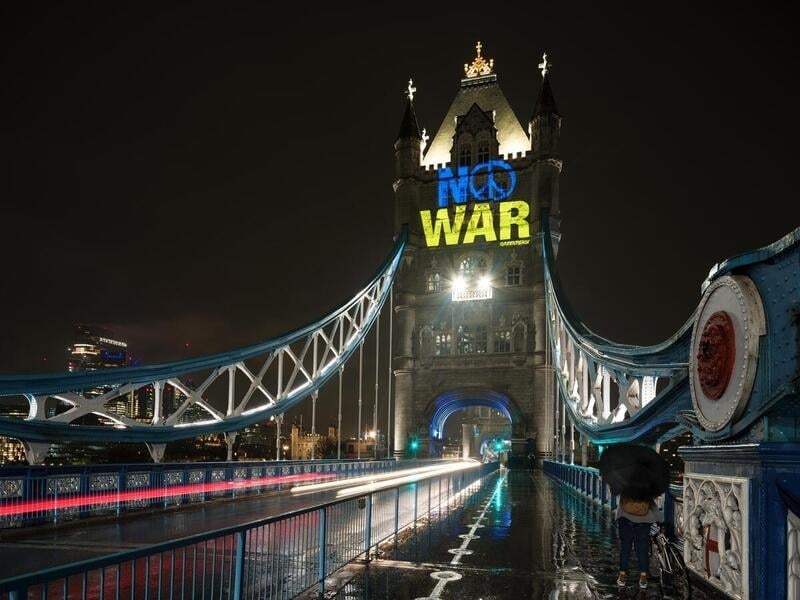
Everyone deserves peace and safety, regardless of what part of the world they are in. The invasion of Ukraine now joins dozens of conflicts around the world that have devastated whole countries and driven people from their homes. UNHCR Canada reports that there is currently an unprecedented number of people in the world fleeing conflict, oppression and violence. Before war started in Ukraine that number was 82.4 million people worldwide, now we should add the more than 3.4 million who have fled Ukraine, as well as the estimated 10 million displaced from their homes inside Ukraine. Conflicts in Syria, Venezuela, Afghanistan, South Sudan and Myanmar also account for a large portion of displaced people right now, according to the same report.
The invasion of Ukraine has also been treated differently than other ongoing conflicts, both in the media coverage, and in the response from the rest of the world. We must pay attention to these biases. Ukrainian refugees are being treated differently by their European neighbours than refugees or migrants from the Middle East and Africa have been, and students from Africa and India have faced racism trying to escape from Ukraine.
How can we respond to all of this? We can continue to make decisions based on caring and kindness and we can resist rhetoric that seeks to stoke divisions and blame or ‘other’. We can continue to call on our governments to end refugee restrictions so all people seeking safety can find it.
Key to peace and safety is also access to food. Both Ukraine and Russia are two of the world’s largest grain exporters, Russia also provides a lot of the world’s fertilizers, and the conflict could lead to global food shortages that could cause further suffering and conflict. Similar to disruptions in supply chains caused by the COVID-19 pandemic, the war in Ukraine is revealing the fragility of our current global food supply system and our over reliance on fossil fuel derived fertilizers. Our governments must protect the right to food and support those countries who will be vulnerable to the disruption of goods and rise in prices for food. This situation makes even more clear the need for more resilient, local, and ecological food production.
We’re all witnessing the lack of safety for people in Ukraine every day in news reports and terrible images of the war. Greenpeace does not have an office in Ukraine, but we do have offices in the surrounding countries of Poland, Slovakia, the Czech Republic, and Romania. There is also a Greenpeace office in Russia. In all these countries our brave staff and volunteers are doing what they can to help people affected. In the countries bordering Ukraine much of the effort is focused on supporting humanitarian organizations who are experienced in providing aid and medical help, as well as helping people fleeing to find shelter and safety.
In Russia, there has been an extensive crackdown on the public, media and civil society organizations. To use the word ‘war’ in reference to the conflict in Ukraine is a punishable crime now. Media was already largely operated and controlled by the Russian state, now several of the very few independent media outlets have stopped operations. Despite all this, people in Russia are still protesting the invasion of Ukraine. Thousands of people have been arrested in cities all over the country, and some have been subject to police brutality.
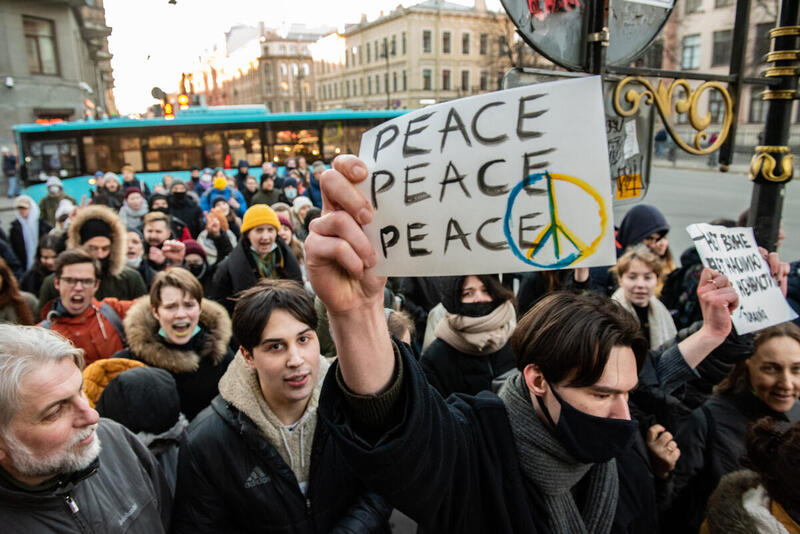
There are a lot of pressures building up that will lead to more people forced from their homes because of a lack of safety: the conflict in Ukraine, ongoing conflicts in other regions, food insecurity, increasing climate change impacts and natural disasters. We need to be ready to support and welcome all people fleeing war, persecution, disasters, and poverty.
Add your name to this Leadnow petition calling for a simplification of the process for everyone fleeing war and persecution.
Ready to do more? You can always call or write to your own member of Parliament and ask them what they are doing to speed up our transition away from fossil fuels, and to support all refugees. Let them know that this is important to you. Find your MP and their contact information here.
